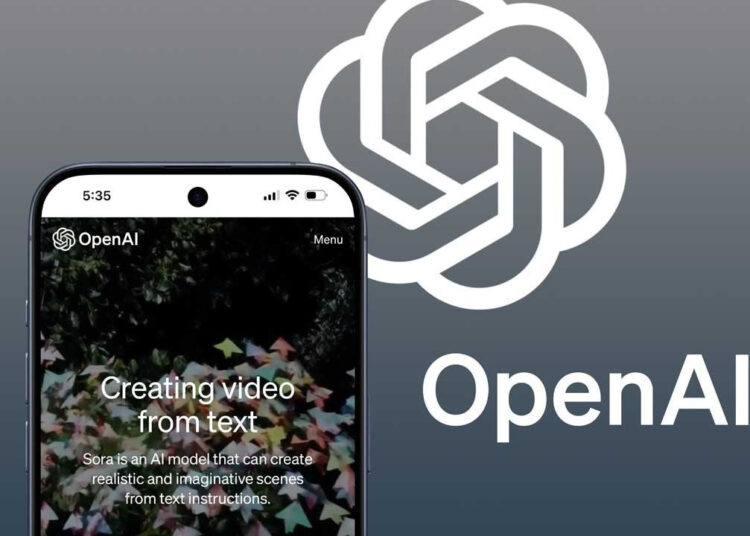The AI-powered social media era is rapidly expanding. It is among the information shared by Wired that OpenAI has developed an independent application for Sora 2. This application will offer a stream where users can swipe through short videos, and the content will be completely generated by artificial intelligence.
It is worth noting as an interesting distinction that all content will be created using OpenAI’s video production technology. Text, photos, and existing videos will be reshaped through AI, and videos will be limited to approximately 10-second durations. This limit has been set because producing longer scenes realistically can be challenging. Additionally, users will not be able to upload their own visuals directly to the platform.
Facial recognition for identity verification stands out as a particularly noteworthy and controversial feature. Users who verify their identity will be able to use their faces in videos, and other users can add this footage to their content. The notification about the person’s image being used will be sent each time their face is utilized, regardless of whether the draft has been shared or not.
This approach raises renewed concerns about non-consensual deepfake usage. Although there are limited protections in the U.S., the potential risks associated with manipulating others’ faces are creating serious debates. There is a widespread view that the platform should include options to restrict whose images can be used.
Content filters and restrictions: OpenAI states that they are working on filters to prevent copyright violations and harmful content. However, earlier tests indicated that these filters are not yet fully reliable as their coverage increases. There is also a focus on preventing the production of nudity and obscene content.
Officialness and future plans: There is no official statement on this matter yet. While it is anticipated that Sora 2 will be announced alongside GPT-5, this remains just a possibility at this stage. The idea of gathering AI-generated content in a separate social media platform is considered a reasonable option to isolate such content from other types of media.









